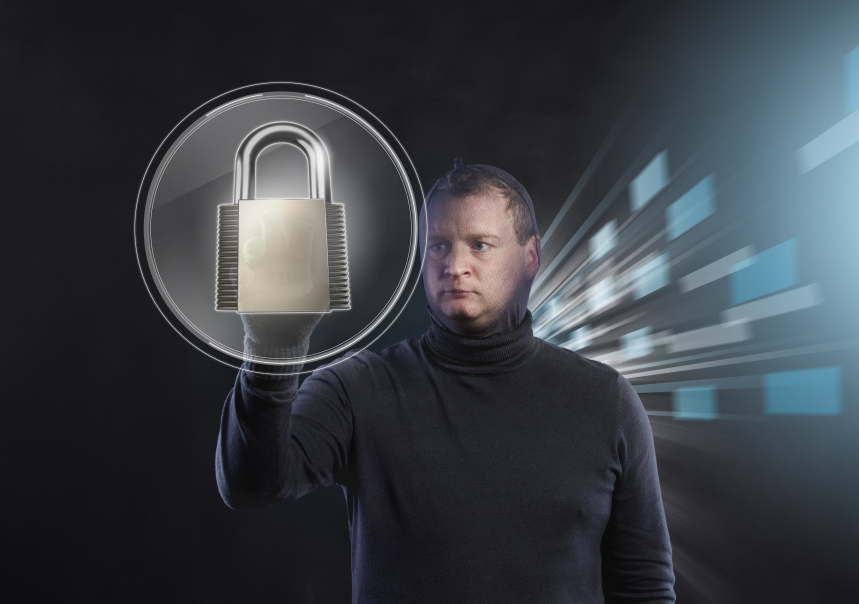Because the Internet is a relatively new frontier, it has remained insufficiently regulated in terms of the law. This makes it difficult to prosecute cyber crimes even in countries where government has the technological capacity for detection. In addition, although most countries and states have laws regarding cyber crime, these are far from uniform or consistent with decrees in other places so that what is considered illegal in one site may be legal in another. This points to the need for a comprehensive view of cyber crime law not just locally but internationally.

Geography and Cyber Crime
Geography plays a very important part in creating laws on cyber crime so this is where all states and nations need to agree on many gray areas. First, the issue of geographic jurisdiction needs to be settled. Whenever cyber crimes are committed, there is a big chance that the perpetrator is not in the same state or country as his or her victim.
This has serious implications for law enforcement because before investigation can take place, the concerned law enforcement agency must have legal jurisdiction. On top of this, the agency has to determine whether the act committed by the perpetrator is considered criminal where it was committed and what specific circumstances are present.
At present, law books do not adequately answer questions about these issues. While many states and governments have passed laws on crimes that are done through the Internet (, theft of wireless services, spamming, identity theft, cyber bullying, cyber stalking, unauthorized access) the issue of jurisdiction remains ambiguous.
Geographic jurisdiction is of prime importance because laws differ from state to state or country to country. To illustrate, what happens if an act is considered illegal where the victim is located but is legal where the perpetrator committed it? Which law enforcement agency has authority and what procedure is to be followed?
Anonymity and Identity
Before anything else, when a cyber crime is committed, the victim and law enforcement agencies must be able to identify not only where but who the perpetrator is. This is not an easy feat to accomplish because people can easily take shelter in anonymity when using the Internet. It will be difficult to track down perpetrators for as long as identities can be hidden through services that can camouflage an IP address by bouncing through several servers.
Eugene Kaspersky once proposed that Internet “passports” be adopted to help combat the problems that arise with anonymity but this suggestion has so far met no success. Combined with jurisdiction, the issue of anonymity both serve to encourage people to commit crimes. It is important for cyber crime law to address both issues thoroughly.
Technology and Enforcement
The technological capacity of governments and law enforcement has improved greatly in the past decade. Computer forensics has become so developed it is now possible to examine digital evidence and keep it “untouched”; experts are now able to preserve the integrity of digital data so that these can be accepted in court. Even recovering deleted files has become easy for trained examiners. To some extent, legal procedure has adapted to this progress in technology so that digital evidence now has a place in court. However, regardless of changes in procedure, the first concern in cyber crime is still to be able to prosecute them; this takes everyone back to the law.
Some Good Tidings
Computer forensics now makes it possible to track IP, examine data (and leave it intact), recover deleted files and search data for clues to identify criminals; this makes anonymity less of a perfect veil. At the same time, recognizing the harm that cyber crime can cause, more and more states, and countries are collaborating to adopt congruent legislation. Perhaps the day will even come when interjurisdictional task forces will enforce comprehensive and consistent cyber crime law.
cyber Criminals
they are watching you and stealing from you


